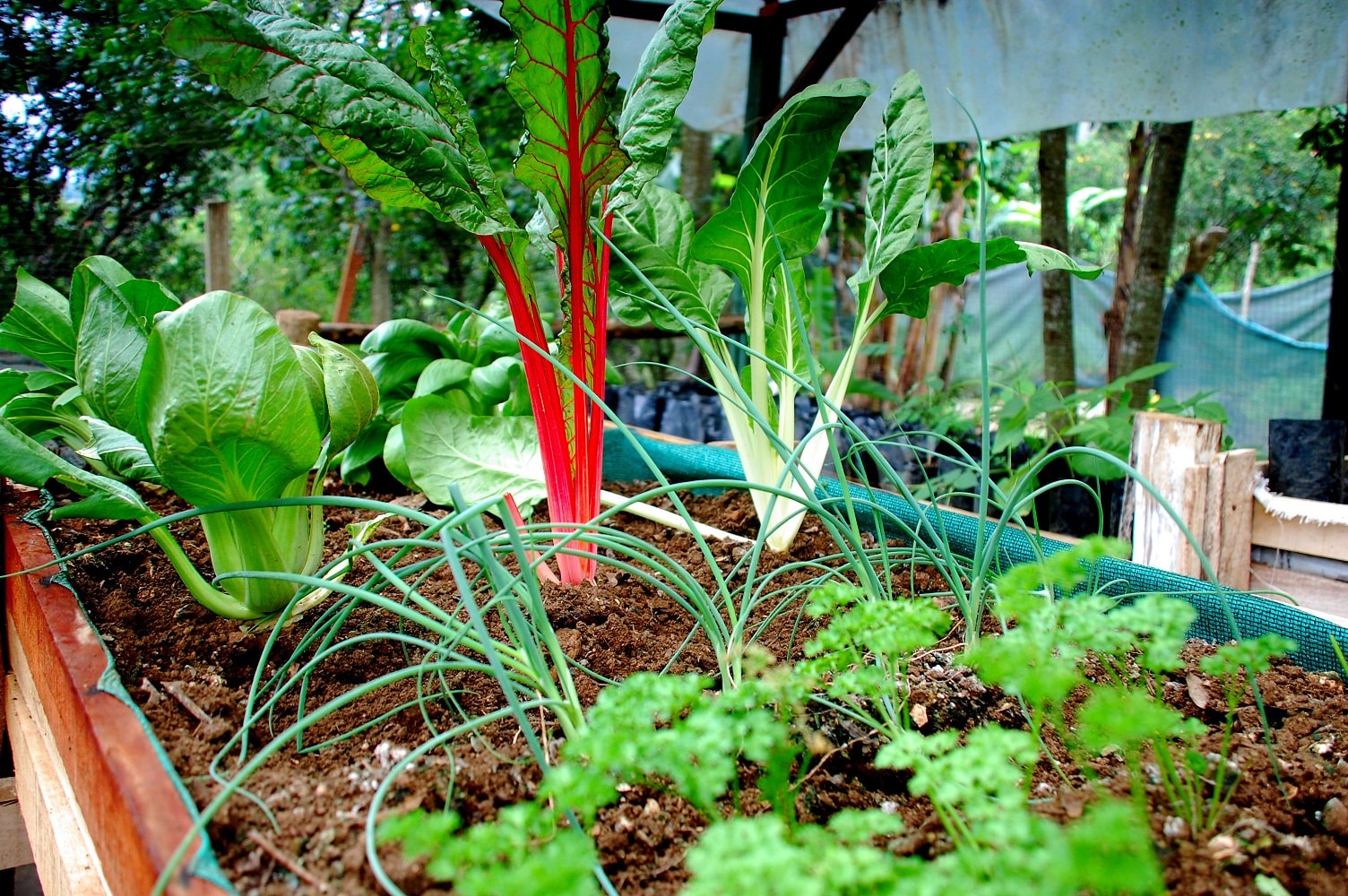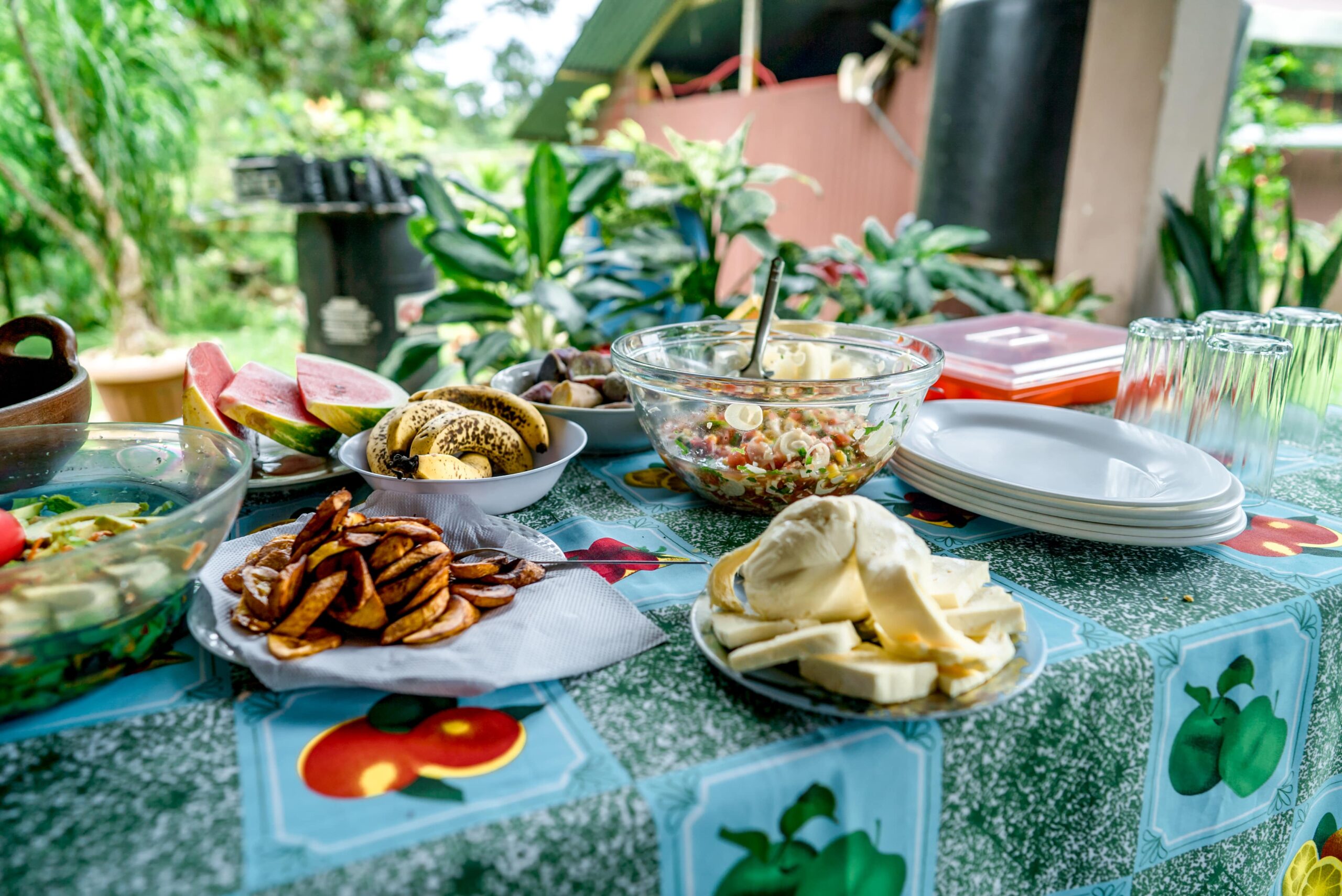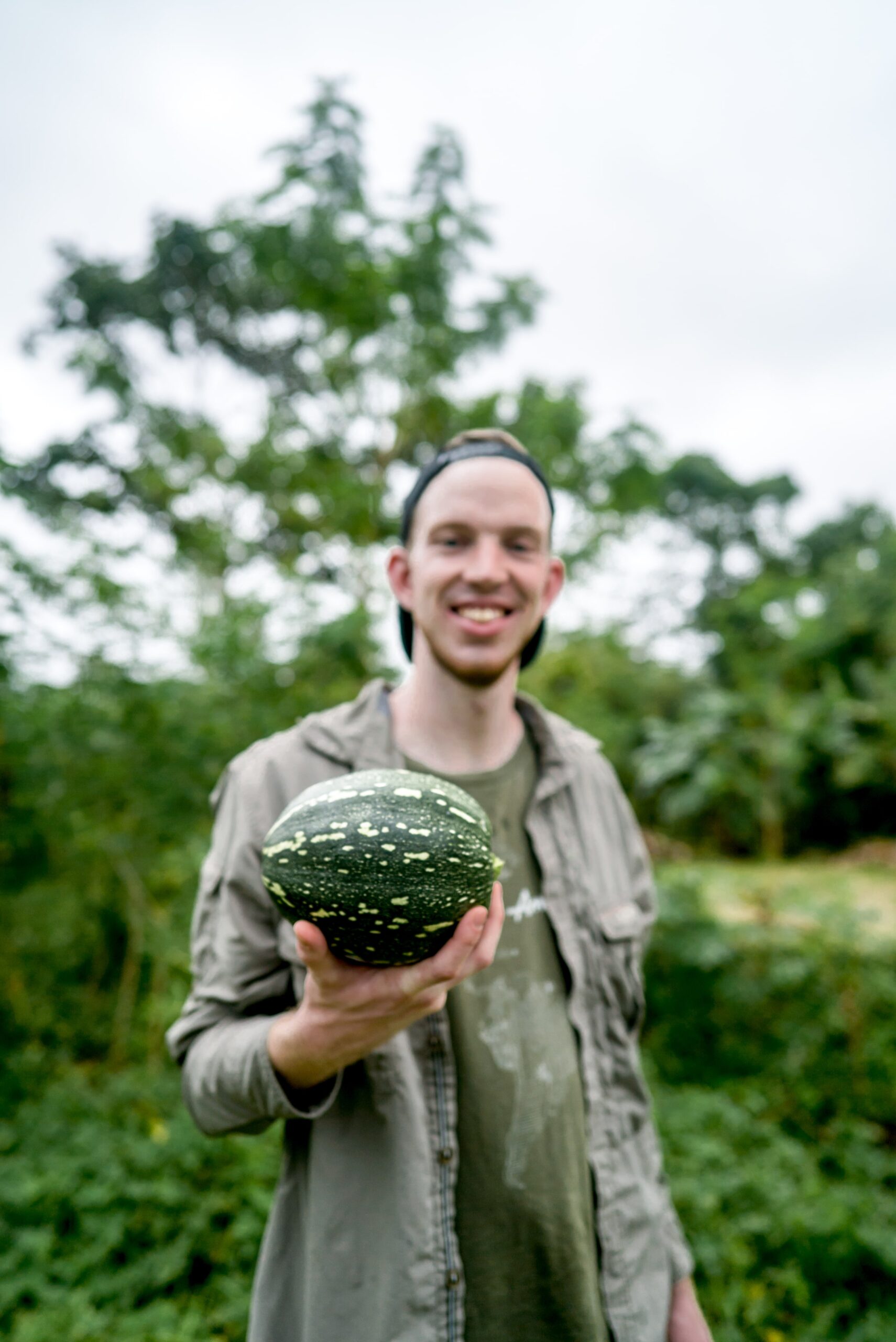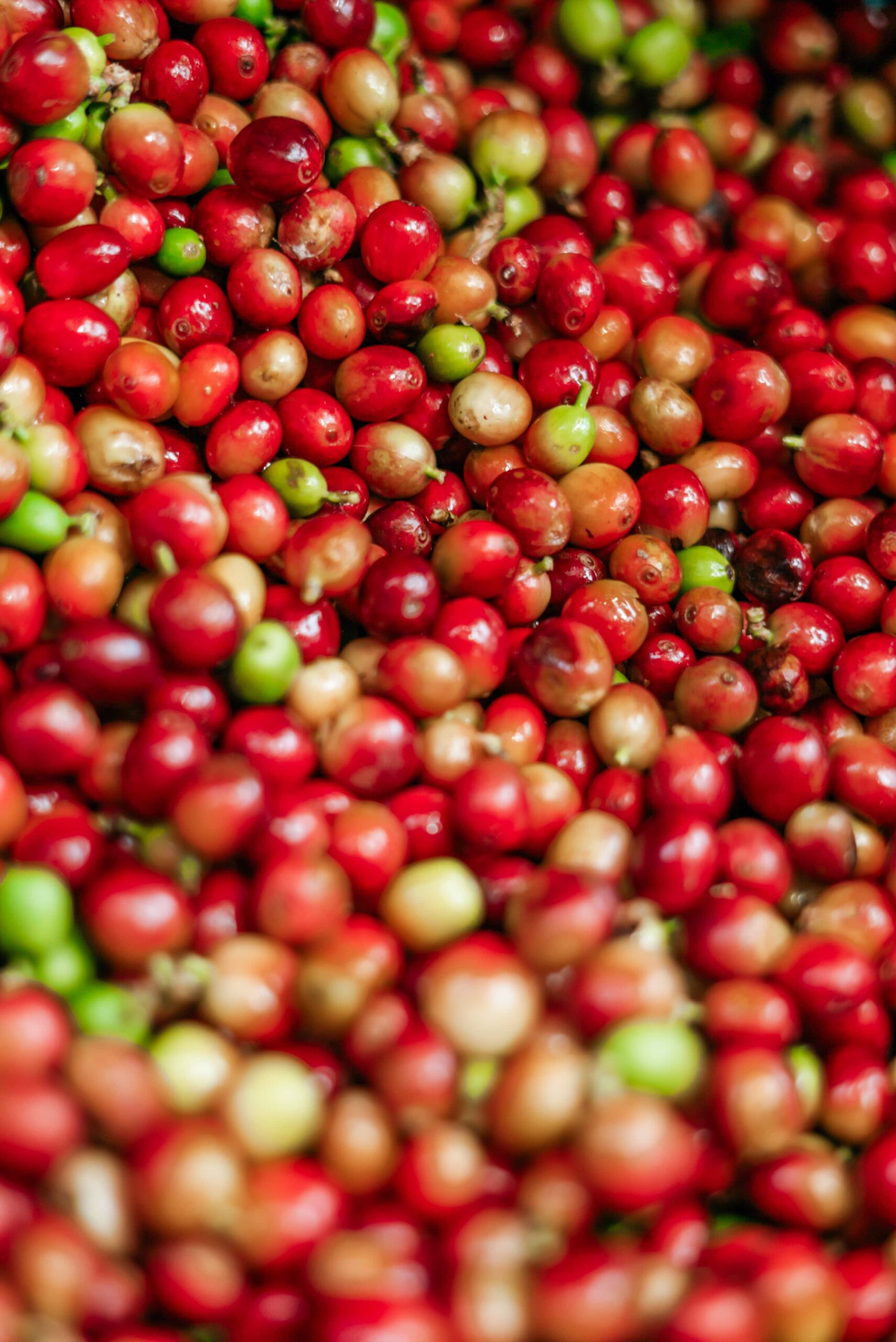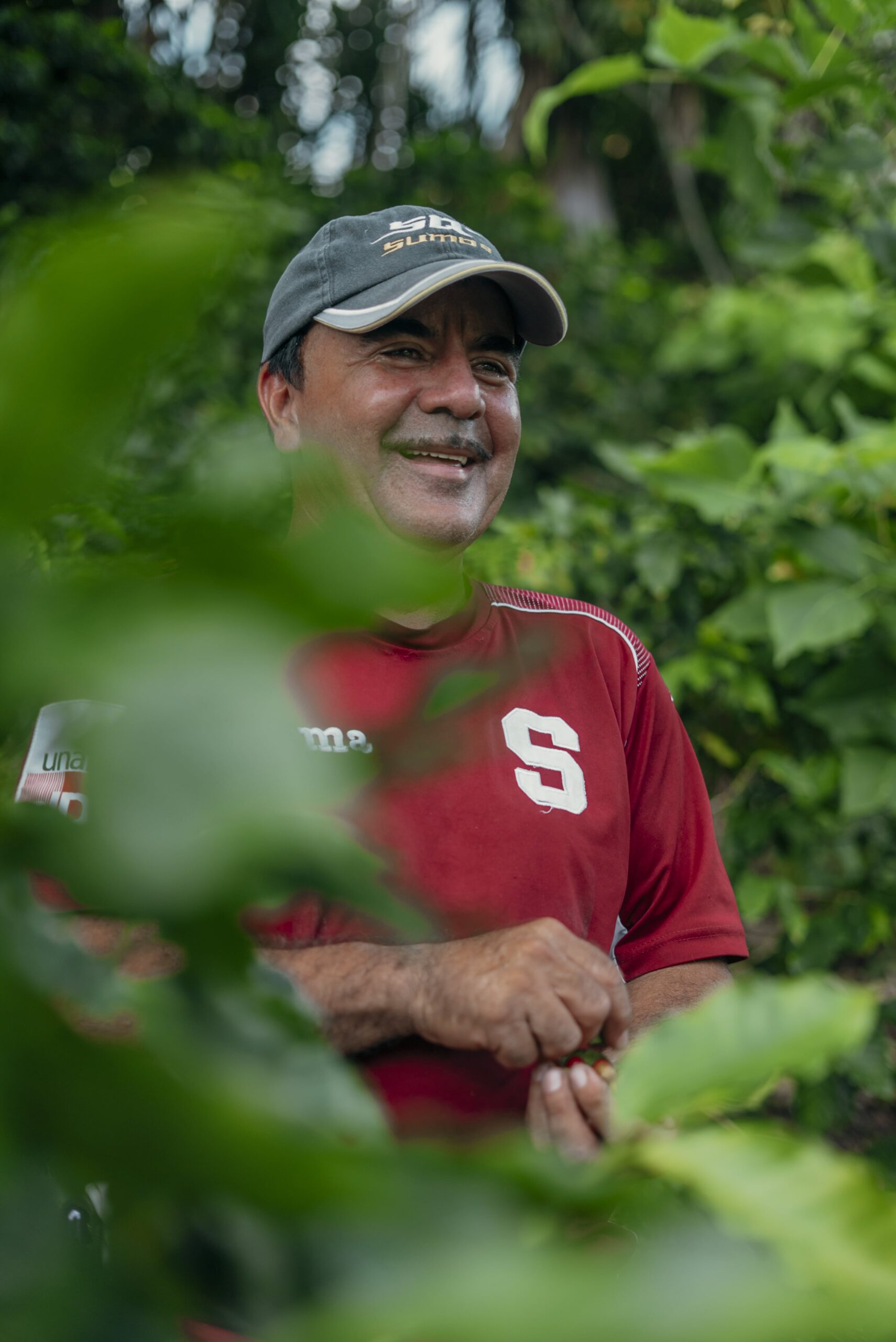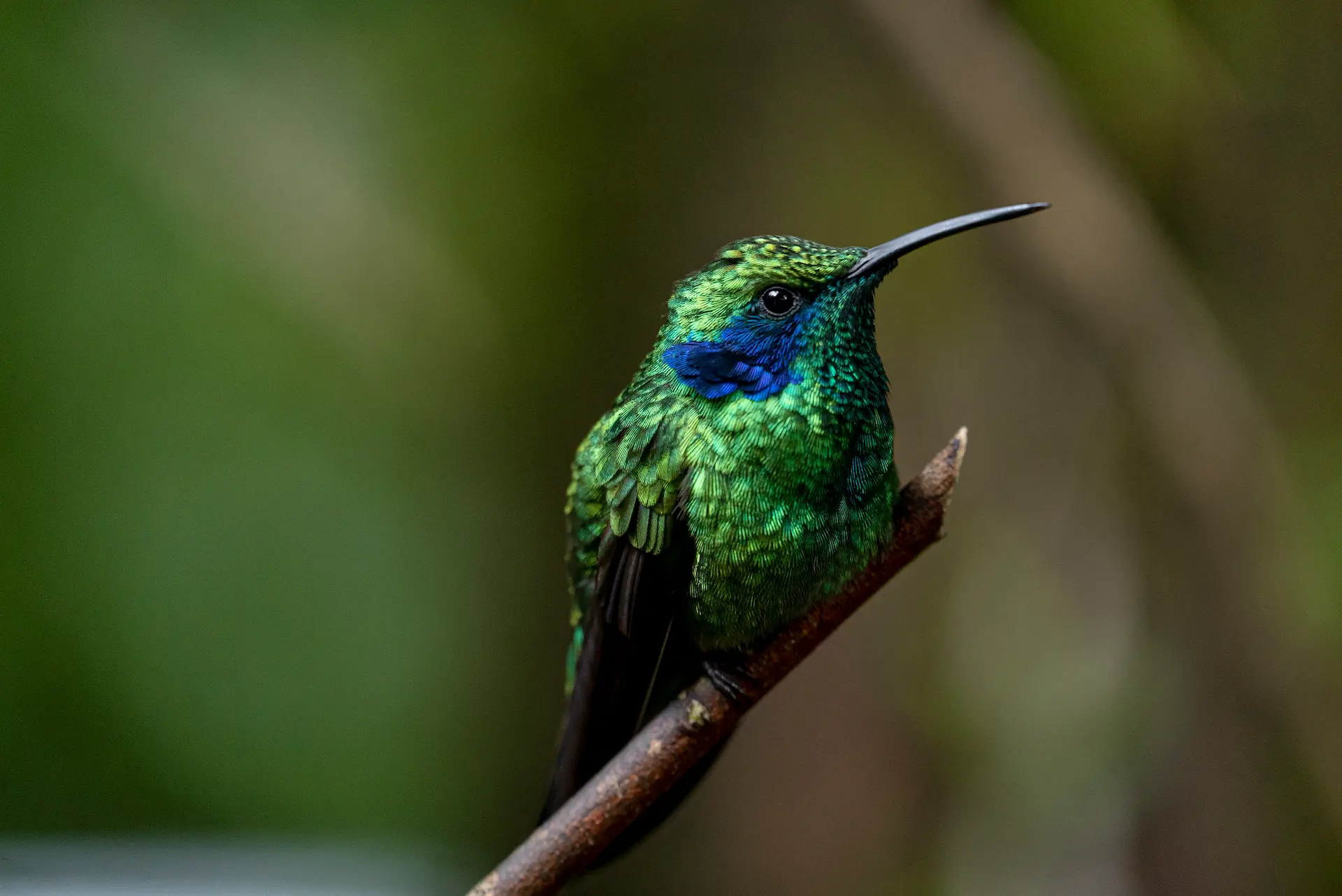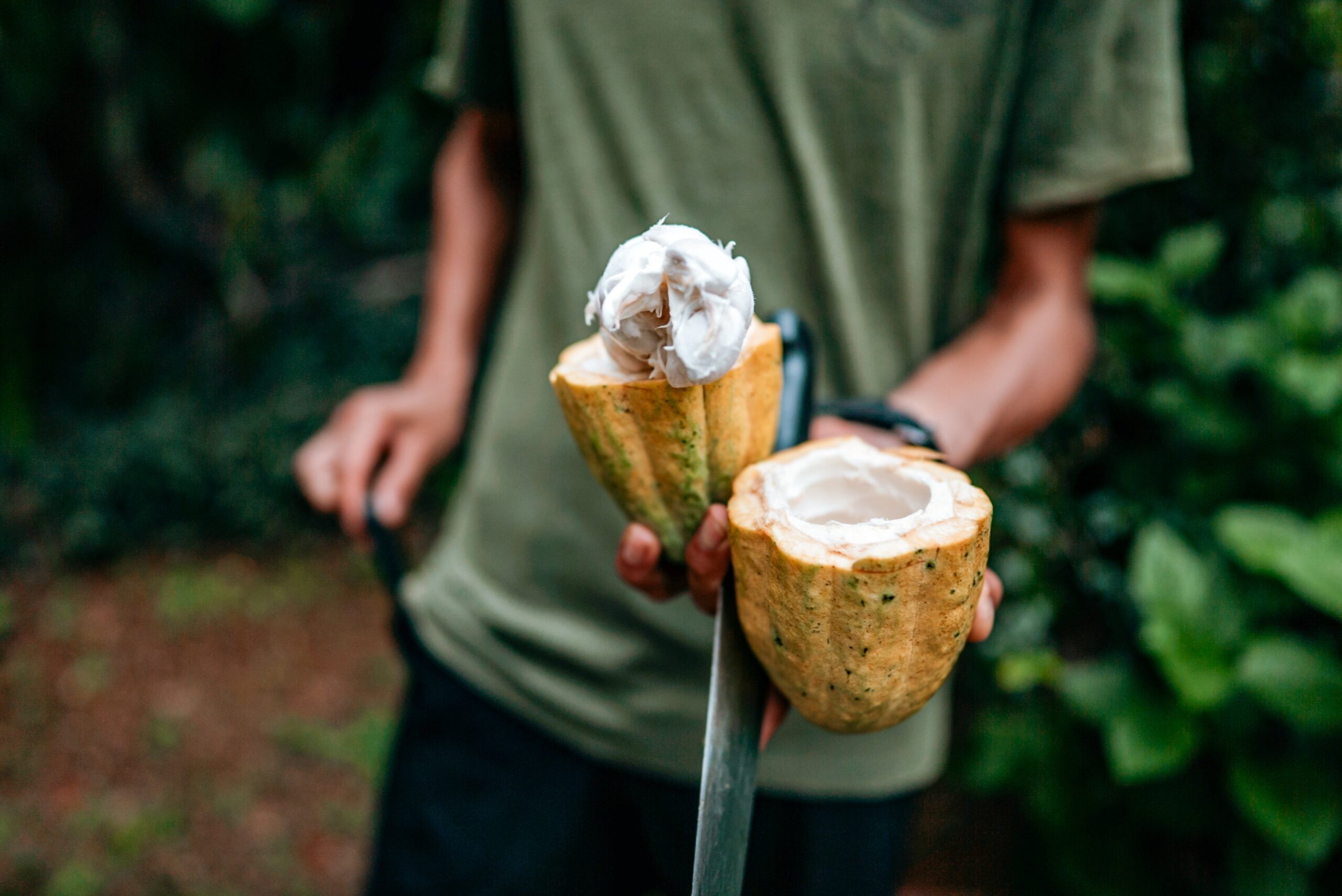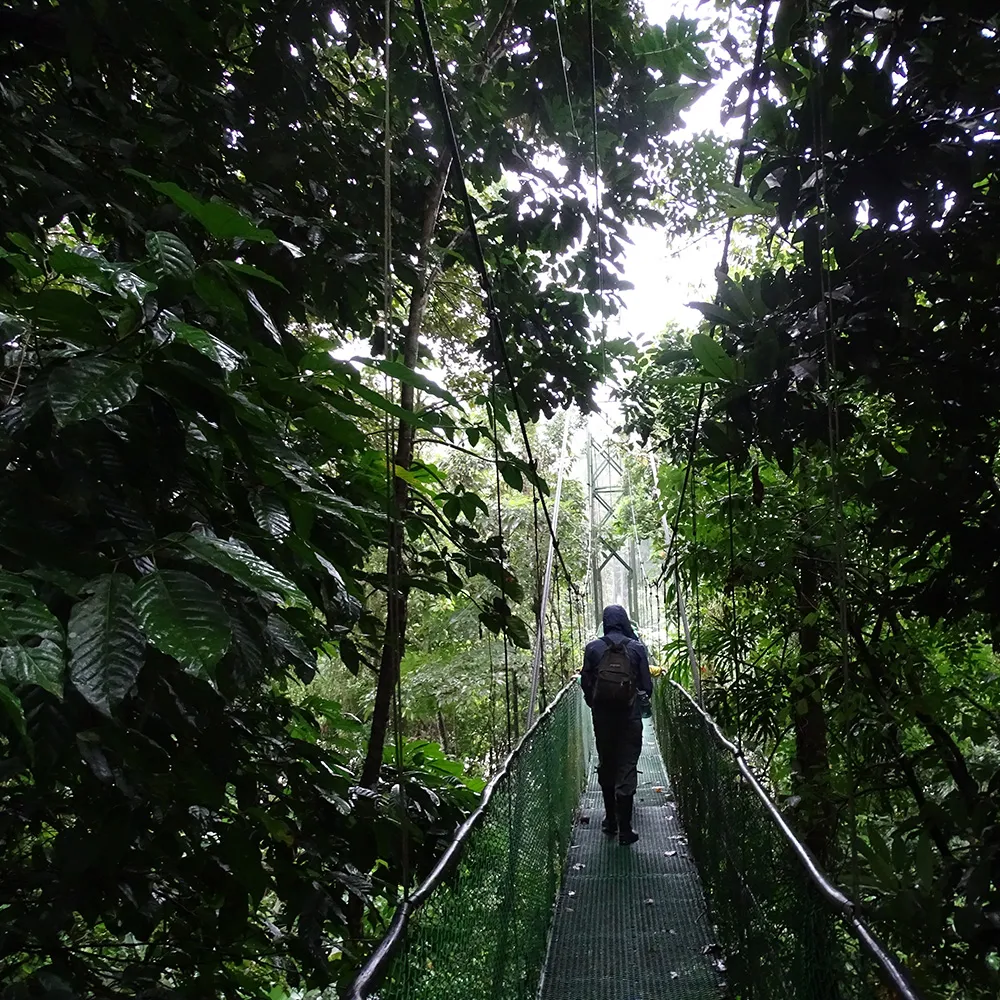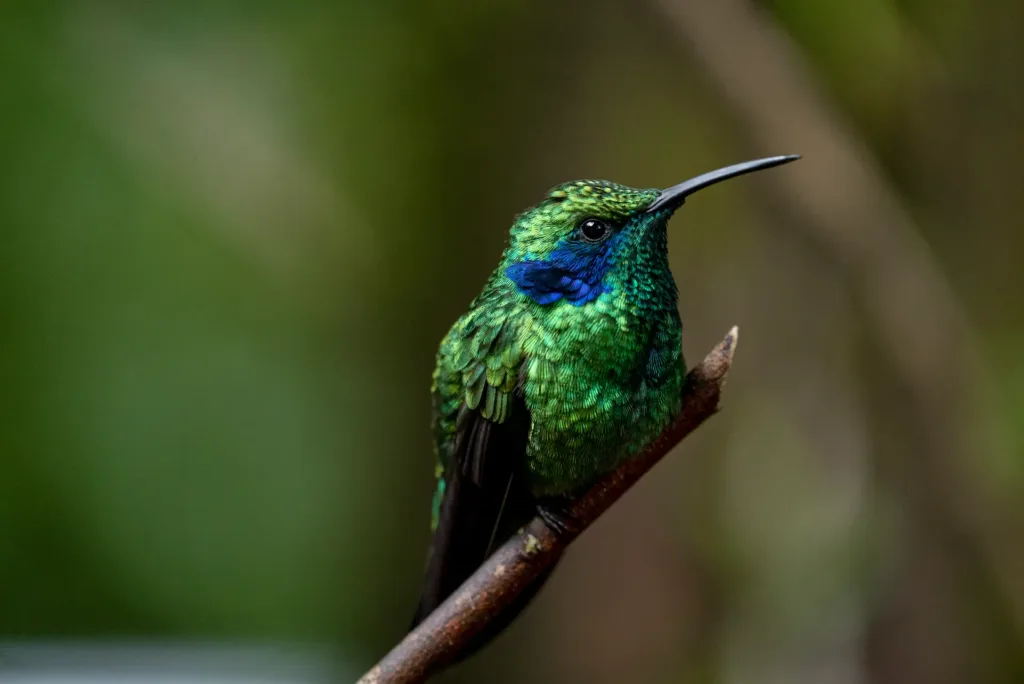
Program Costs
- Tuition
- Room & Board
- Total
Application Deadlines
Resources
Biodiversity and Sustainable Food Systems
You’ll never look at a cup of coffee the same way again. Using coffee and chocolate as case studies, explore the relationships between food systems, ecology, conservation, and sustainability. Learn how different agricultural techniques have the potential to restore biodiversity and combat climate change. Study the sociocultural history of coffee and cacao, from Indigenous histories to modern production and exports.
- Visit an agroforestry cocoa system, where you’ll get hands on with local methods of chocolate production and processing.
- Visit El Toledo Coffee farm to learn about environmentally sound methods of coffee production and discuss the history and impacts of chocolate and coffee production in Latin America.
- Engage in the Center’s sustainable food efforts – gather fresh mangoes from campus trees, visit the chicken coop to gather eggs, harvest kale from the garden, master composting, and more.
Academics
This academically rigorous program follows a five-day/week schedule. Most weekends are open to explore Costa Rica or relax at the Center. Each program combines theory learned during classroom sessions with field-based applications. The interdisciplinary curriculum is designed to help students actively discover and understand the complexities of environmental, social, and economic issues in Costa Rica.
Major academic themes include:
- Climate change adaptation
- Agriculture and agroforestry
- Ecological impacts of coffee and cacao production
- Ecotourism and culinary tourism
- Social justice issues surrounding sustainable food systems
- Alternative strategies and methods of coffee and chocolate production
Courses
On the Biodiversity and Sustainable Food Systems program, you will take one 4-credit course. This course is participatory in nature and is designed to foster inquiry and active learning combining lectures, field exercises, assignments, and tests. This course is taught in English.
Coffee, Chocolate, and Sustainable Development
This interdisciplinary course explores the social and ecological components that intertwine coffee and cacao to our lives and the natural and political history of Costa Rica. We consider the transformation of forested lands to coffee and cacao plantations owned by elites; intertwine with current questions of cultural representation, agro-tourism, and land use strategies, and agricultural certifications. Through field investigations, we focus on in-depth exploration of the relationships between cacao & coffee production and climate change, social justice movements, and species conservation.
Core Skills
You will gain practical skills in the field such as: agricultural impacts assessment, ecosystem health survey, water quality testing, quantitative and qualitative data collection and analysis, scientific writing, and research presentation.
Field Sites
You will visit different ecosystems and communities which may include coffee farms, cacao plantations, other agroecosystems and farms, agrotourism businesses, and the forests and rainforest ecosystems around agricultural areas.
Other Costa Rica Programs
Ecological Resilience Studies
More Information
Program Costs
- Tuition
- Room & Board
- Total
Biodiversity and Sustainable Food Systems
More Information
Program Costs
- Tuition
- Room & Board
- Total
Environmental Justice from the Ground Up
More Information
Program Costs
- Tuition
- Room & Board
- Total





